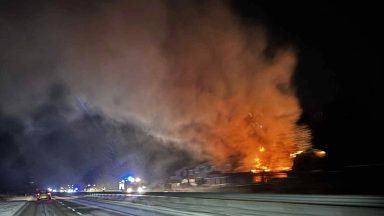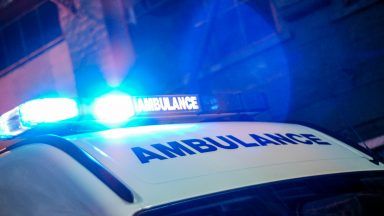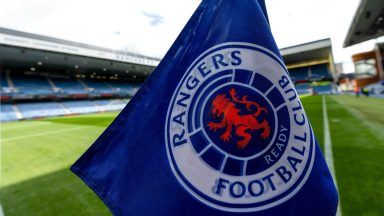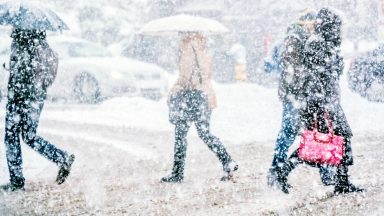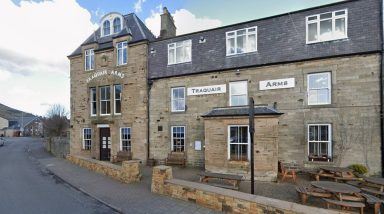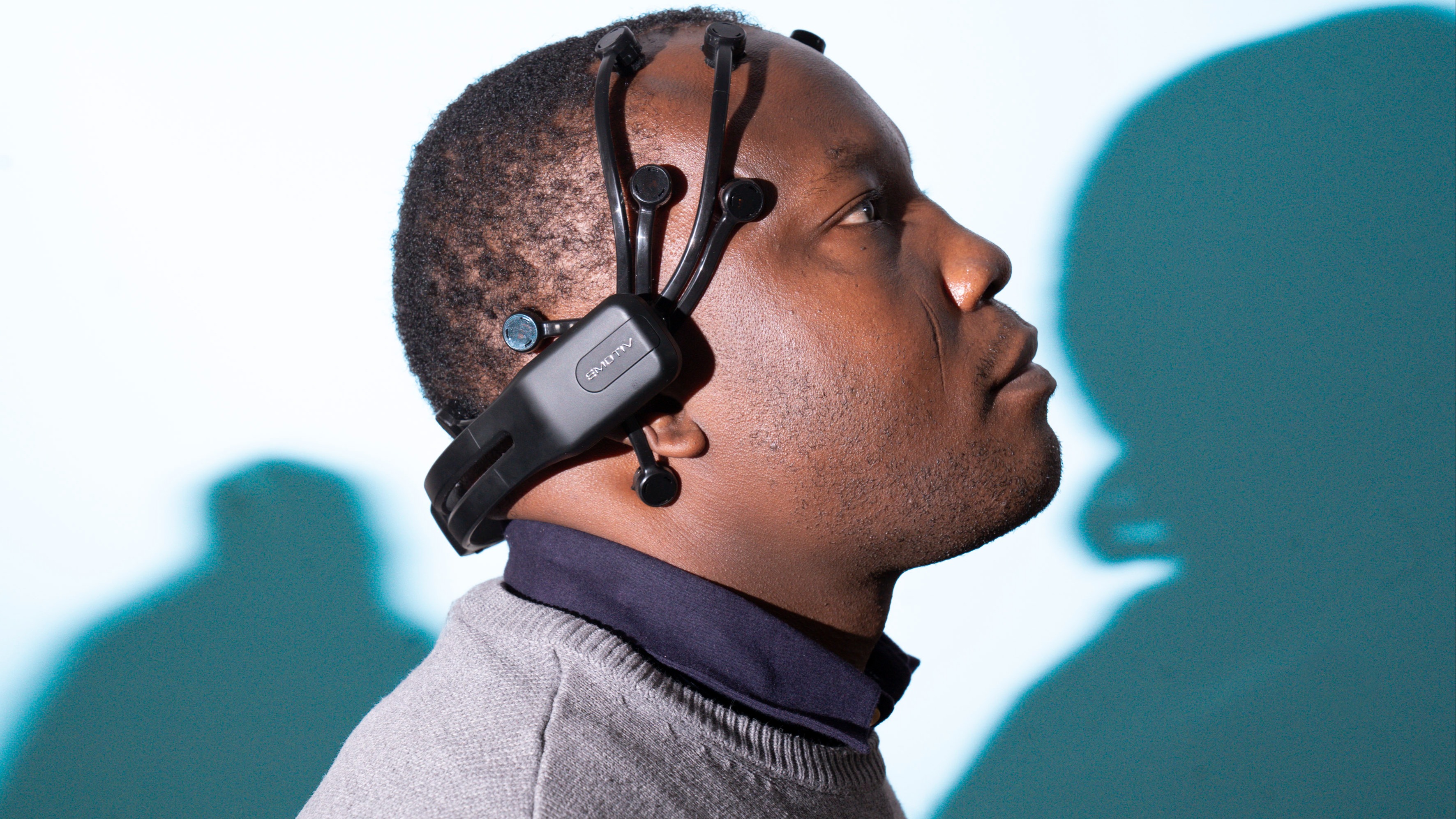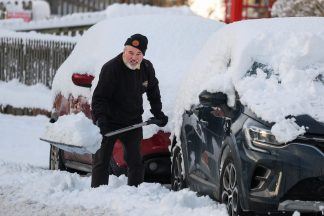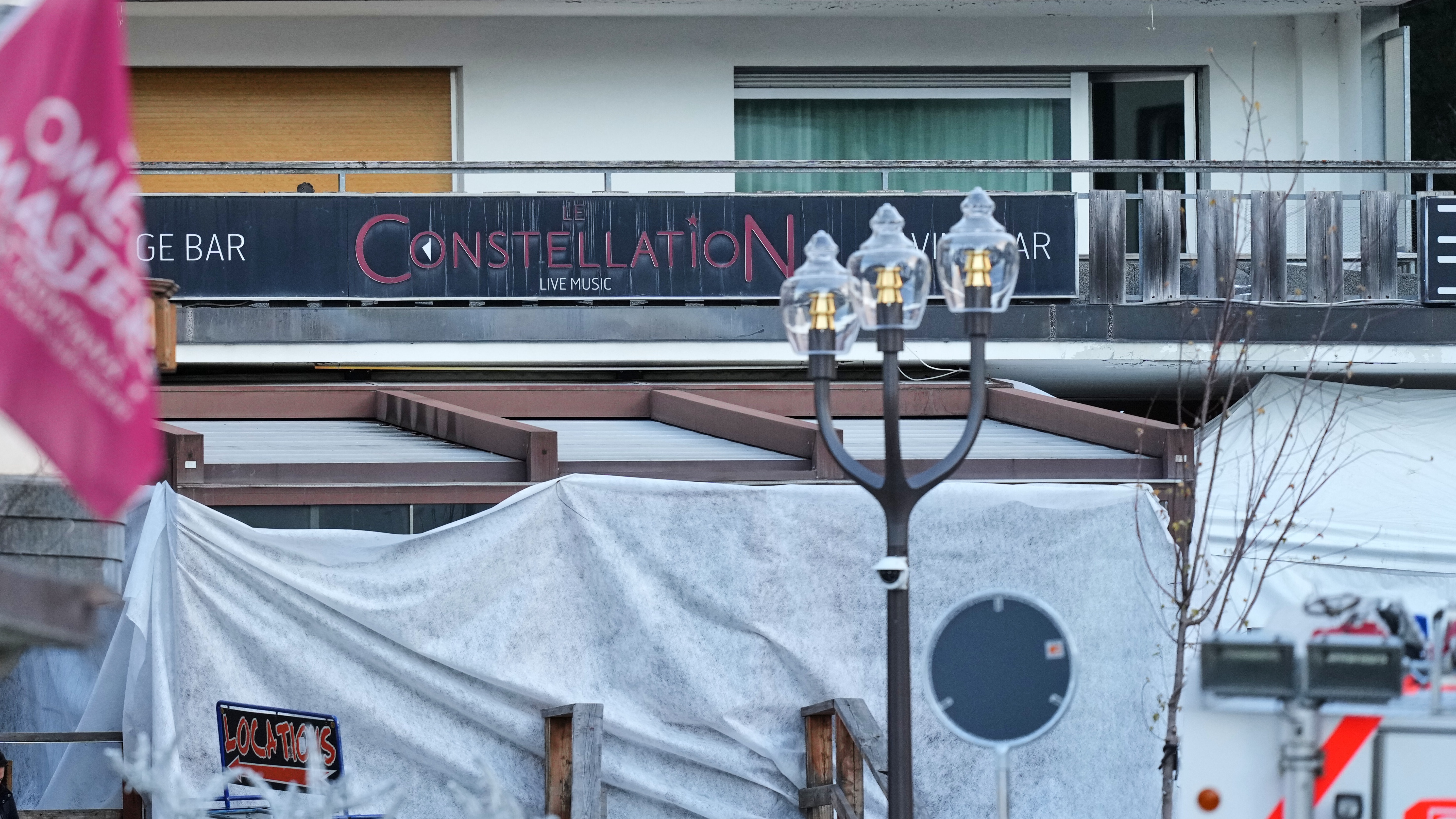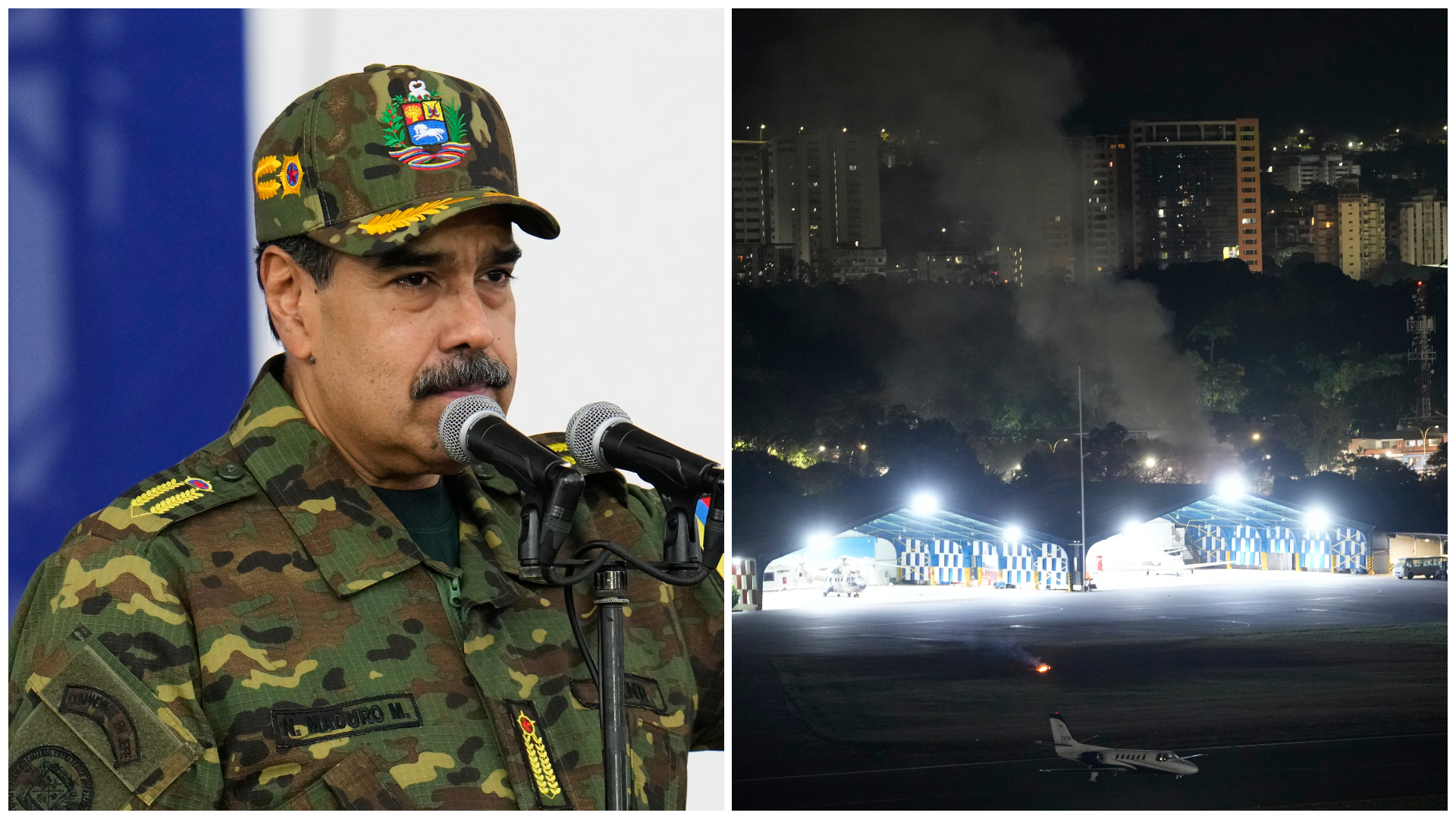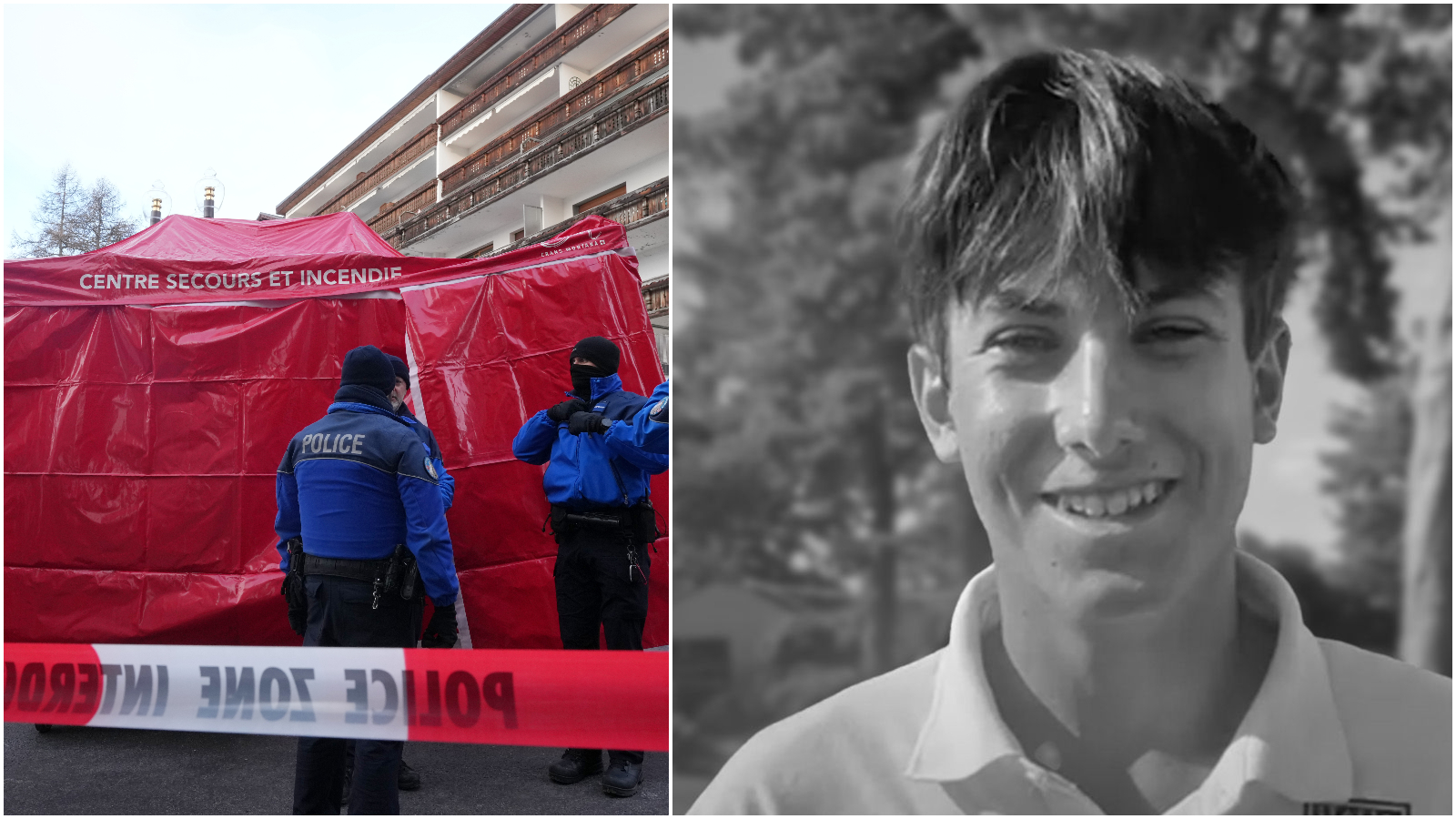It marked the turning point of the Second World War, securing victory for the Allied forces against Adolf Hitler’s German forces.
But for the men who took part in D-Day 80 years ago, it was just a “part of their life”.
Operation Overlord saw more than 11,000 aircraft, 7,000 ships and 132,000 soldiers mobilised to storm the beaches of Nazi-occupied France.
James Glennie, an 18-year-old private in the Gordon Highlanders, was among the first to land on the beaches on June 6 1944.
His battalion landed on Sword Beach, he says getting from the ships to the landing craft was “a bit dodgy”.


He said: “You had to go down the rope and my two mates couldn’t swim. They were saying ‘we can’t swim!’ I could swim but they couldn’t, so they stuck to me.”
“The water was up to my knees. We didn’t get shelled or anything like that, we were lucky.
“There was a house we were going to take and we were crawling and something hit my ear. There was a spark and I couldn’t shout because of the Germans, you see.
“But the wax (in my ear) cooled it down and I was lucky but I was deaf after that.”
Shortly after landing in France, James and several members of his battalion were taken prisoners of war.
This year, just 23 veterans have returned to Normandy to mark the 80th Anniversary of D-Day. Five years ago there were more than 200.
Among those back in France is Charles Horne.
He joined the Navy when he was 18 onboard a minesweeping ship, working to ensure German sea mines were cleared before the infantry soldiers could land on Omaha beach on June 6 1944.

Being back in France brings back a lot of memories for Charles.
“I was in one of the lead ships in the flotilla, there were eight ships, two in front and two behind,” he said.
“The ones in the front were cutting the mines free and the ones behind were blowing them up. There were another two ships behind and they were lifting casualties out the water.”
“The noise was terrific at that time because the biggest ships, they were big American battle ships giving us covering fire and they were firing over our heads.”
“There was a lot of gunfire of course, but a lot seemed to go over our heads after a wee while.
“But the beaches were getting strife. They were getting shelled badly and there were quite a lot of bodies floating about.”

For those veterans unable to travel to France, today is a day where they think about those who didn’t make it home.
James remembers his first night in France.
He said: “We were really hungry and we got a tin of corned beef between three of us and that was the first meal we had in France. Bill Norrie (from Pitsligo) was dishing out.
“We came up to a wood and there were a few of us standing at this place and the Germans surrounded us. I was shot up here (shoulder) and in my elbow.
“After that the Germans captured us. There was a few of us captured.
“Ronnie was captured but Bill Norrie was killed. He came from Pitsligo. A fine boy.”
When asked about how he felt being part of something as significant as D-Day, James said: “To tell you the truth, you never thought anything about it.
“It was just a part of your life. I just felt myself lucky.”
Follow STV News on WhatsApp
Scan the QR code on your mobile device for all the latest news from around the country




